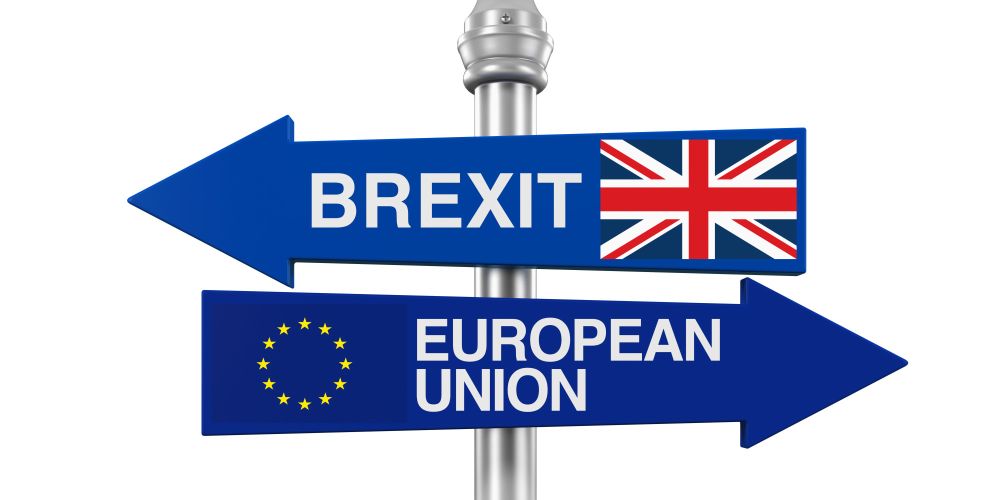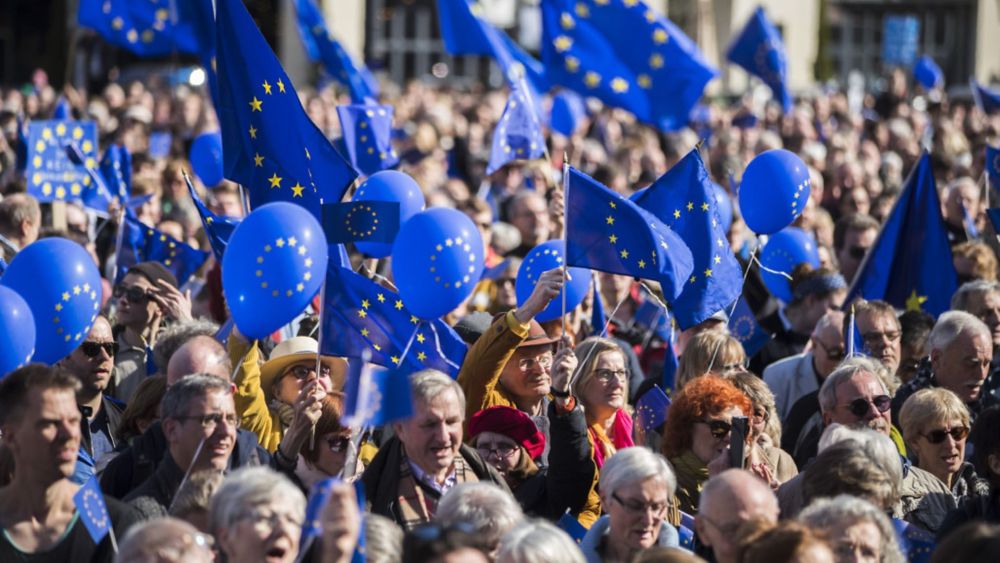Since the United Kingdom left the European Union, the economic and practical consequences have been apparent. At the French port of Calais, trucks from the UK undergo more thorough inspections, something that wasn’t required before Brexit. These delays and added costs are disrupting trade, as products like dairy are subject to rigorous checks, which further slow the process, resulting in wasted time and financial strain for both exporters and importers.

The rise in paperwork and administrative burdens has created a new industry of consultants specializing in navigating the labyrinth of post-Brexit trade regulations. For businesses, this means spending hundreds of millions annually to handle the increased bureaucracy, a cost that many smaller enterprises can’t afford. The UK’s decision to leave the EU has also led to the construction of expensive new facilities to handle imports, adding extra costs that businesses must pass on to consumers.

Farmers and food producers in the UK are also feeling the pinch, with higher prices for goods that rely on ingredients from the EU. This includes everyday items such as medicines and cheeses, which are now significantly more expensive. Furthermore, UK producers face growing competition from countries like Australia and New Zealand, where production costs are lower, undermining the competitiveness of British agriculture. As many Britons now regret the Brexit decision, the financial toll continues to be felt in households across the country.

#Brexit #UK #EuropeanUnion #Trade #Agriculture #Costs
